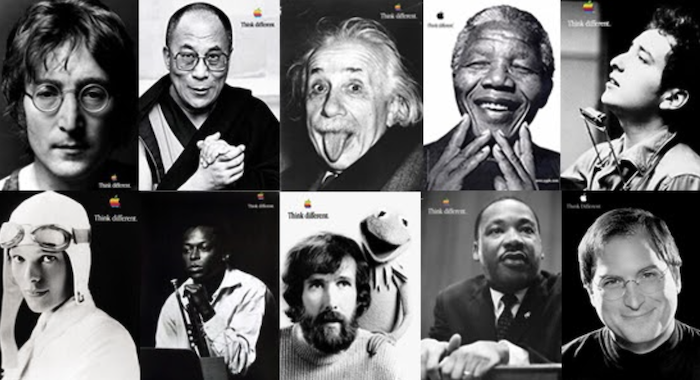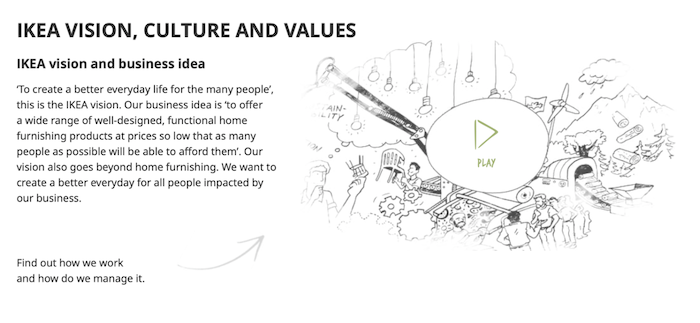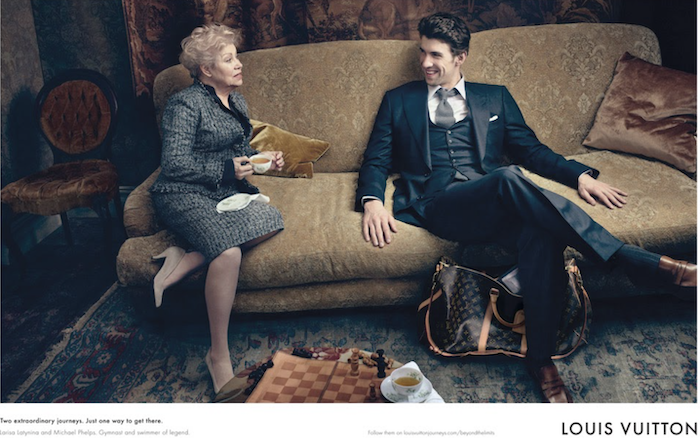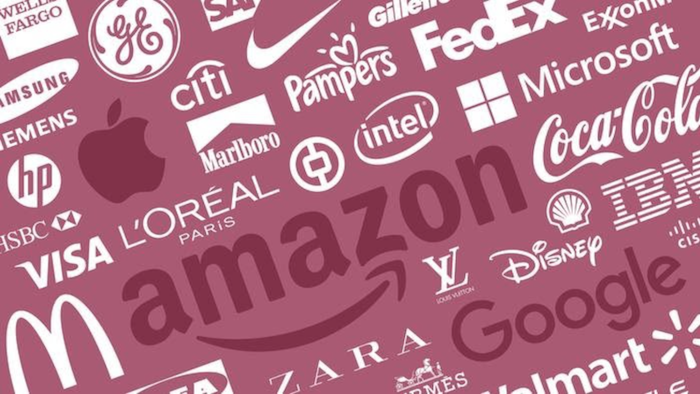What Is A Brand?
Date: 2020/10/06 - By Michaela Watkins
Brands are not tangible things. They are mental and creative entities that consumers have a relationship with.
A logo, product, website, and slogan are aspects that make up a brand’s identity, but these details alone are not the brand itself. Just like how your clothes and speech can express your identity, it can hardly define your true character.
A brand has a story, personality, values, and voice, as well as an immense influence on product value, perception, and economics.
Brand Story
It’s been proven that we are storytelling creatures. This means brands win when they can connect to their audience; easily opening the door for their consumers to spend money on their products and/or services.
One brand that is known to use storytelling effectively is Apple. You can see (and feel) Apple’s appeal to human creativity and excellence in their famous “Think Different” campaign. It features a series of black and white photos of historic figures like Martin Luther King, Amelia Earhart, Einstein, John Lenon, and Muhammad Ali in a single narrative of openness, creativity, and progress.

Apple’s brand story is clear: it’s about innovation, progress, and boundary-pushing creativity made possible by personable technology.
Brand Mission & Vision
Your brand’s mission is its guiding light. Beyond profit, It is the core reason why the brand exists.
IKEA, for example, is known to deliver well on their mission to “create a better life for the many people.” Their products are easy to build, and their designs often inspire furniture hacks and fresh ways of organizing living spaces.

Their brand’s mission and vision are directly tied to their promise. Likewise, meeting the expectations your brand sets is a key part of brand equity growth.
Brand Personality
A brand’s personality is all the human characteristics the brand embodies. For most, there is already a measurable framework that brands are subjected to by their audience.
Think about Louis Vuitton. It’s the world’s 9th most valuable brand and the world’s top luxury brand at $47.5 Billion. But, as we know, Louis Vuitton is not just their bag. Louis Vuitton’s personality is elegant, traditional and craftsmanship focused. It embodies exceptional design consistency across decades of changes in style and society since 1854. Some of the greatest personalities today flaunt Louis Vuitton and contribute to its brand by association.

When building your brand, remember that its purpose is to connect with real people. Listen to what others are saying about the brands they use. Personality is an unavoidable part of that connection.
Brand Values & Voice
In brand strategies, a brand reveals and conveys its values through its voice. Which means if your brand values are unclear, your voice will be inconsistent.
If you look at Nike’s 2012 London Olympic ad cycle, the brand equates its consumer to Olympic athletes while using its powerful, inspiring, and encouraging voice.
The voice and visuals within the ad reveal some of the brand’s values: equity, excellence, and success. This connection contributes to a coherent brand experience.
Use Brand To Create Value
You don’t have to be a tech giant or luxury brand to benefit from having a good brand. No matter where you are in your brand story, be mindful that it’s a multi-dimensional entity that can benefit your business for years to come.
Related Posts
-

-

2023 Washington, D.C. Auto Show Welcomes Biden Administration Members
2023/01/11 - By Michaela Watkins
-

-

-

-

-

-

-

-

-

-

-

-

-

-

-

-

-

Welcomed 500+ Patrons During New Client’s Grand Opening VIP Event
2021/08/09 - By Michaela Watkins
-

-

-

-

-

-

-

-

-

-

-

-

-

-

-

